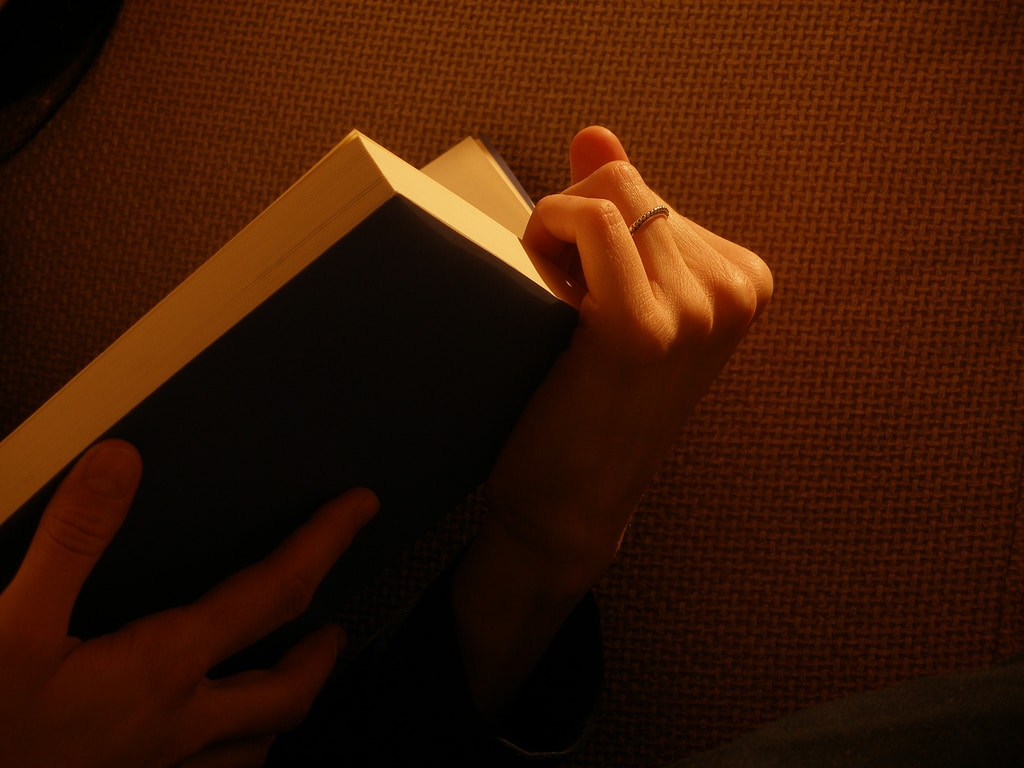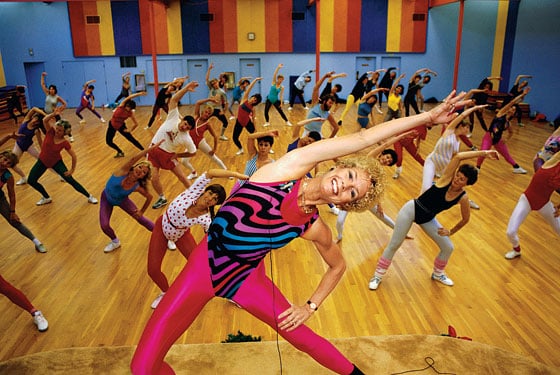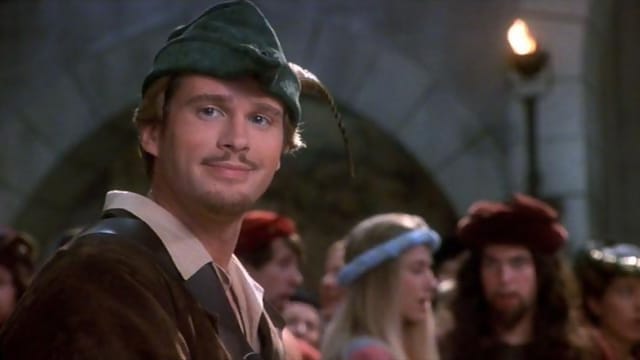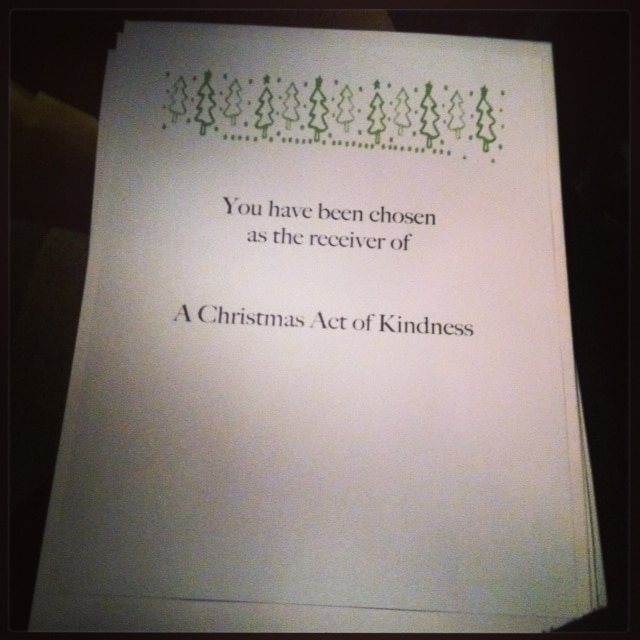I’ve recently read the short story collection – Diaboliad by Mikhail Bulgakov. As with all of his writing, these stories revolve around the fantastical, written in the recognizable Bulgakov style. There’s one common thread in them, though – he’s always referring to a Russian writer, mainly a predecessor.
In the introduction, the English editor explains that it’s the Russian writer’s tradition to pay homage to your predecessors, those that shaped the national literature and your early development.












